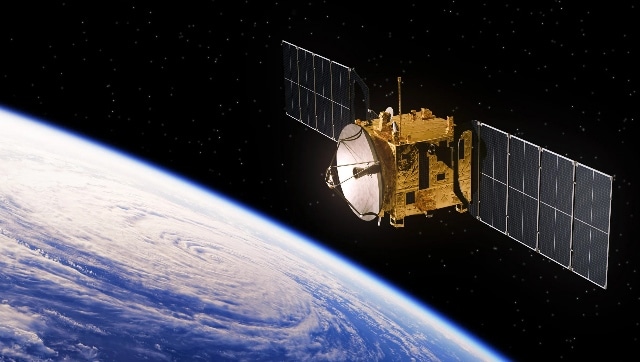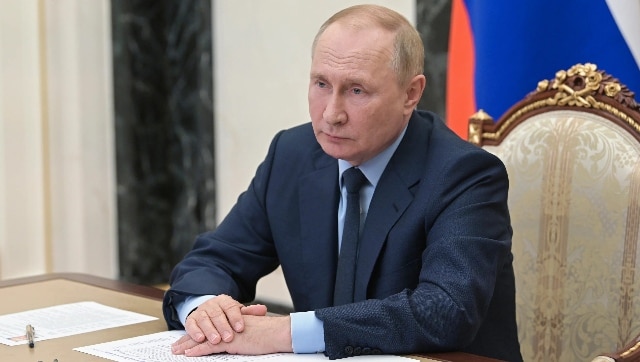Mehul Reuben DasSep 19, 2022 18:17:25 IST
A Russian diplomat by the name Konstantin Vorontsov has said that civilian satellites “may become a legitimate target for retaliation,” in a statement made to the United Nations’ open-ended working group on reducing space threats.

Konstantin Vorontsov is the head of the Russian delegation to the United Nations Office for Disarmament Affairs or the UNODA working group.
Evidently, Vladimir Putin wasn’t very happy about Starlink providing broadband in Ukraine after Russia’s invasion.
A rough translation of using Vorontsov statement using Google Translate reads:
“We would like to underline an extremely dangerous trend that goes beyond the harmless use of outer space technologies and has become apparent during the events in Ukraine. Namely, the use by the United States and its allies of the elements of civilian, including commercial, infrastructure in outer space for military purposes. It seems like our colleagues do not realize that such actions in fact constitute indirect involvement in military conflicts. Quasi-civilian infrastructure may become a legitimate target for retaliation.”
The main reason behind this stance stems from the fact that SpaceX’s Starlink division sent satellite terminals to Ukraine after Russia’s invasion of the country disrupted broadband networks, with the US providing funding for the effort. Satellite Internet access has been useful in Ukraine’s military operations against Russian forces.

Thanks to Starlink several hacktivist groups were able to carry out hacking attacks in Russia. Starlink also enabled Ukrainian armed forces and civilians to mount a series of attacks at key strategic places that hampered Russia’s invasion of Ukraine and made them retreat strategically.
Vorontsov’s statement also claimed that the use of civilian satellites might violate the Outer Space Treaty:
“The actions of the Western countries needlessly put at risk the sustainability of peaceful space activities, as well as numerous social and economic processes on Earth that affect the well-being of people, in particular in developing countries. At the very least, this provocative use of civilian satellites is questionable under the Outer Space Treaty, which provides for the exclusively peaceful use of outer space, and must be strongly condemned by the international community.”
SpaceX CEO Elon Musk had warned in March this year that Russia might attack Starlink equipment in Ukraine, although he was referring to the user terminals on the ground rather than satellites in space. Musk later reported that Starlink resisted Russian jamming and hacking attacks.
A Space.com article on Vorontsov’s remark notes that “Russia’s statement at the UN OEWG on space threats come just one day after two more nations, Germany and Japan, pledged not to conduct destructive anti-satellite (ASAT) tests, joining a chorus of countries including the United States, Canada, and New Zealand that have committed to reducing space debris following a November 2021 Russian test that drew widespread international condemnation. Russia has yet to make such a pledge.”
Post a Comment